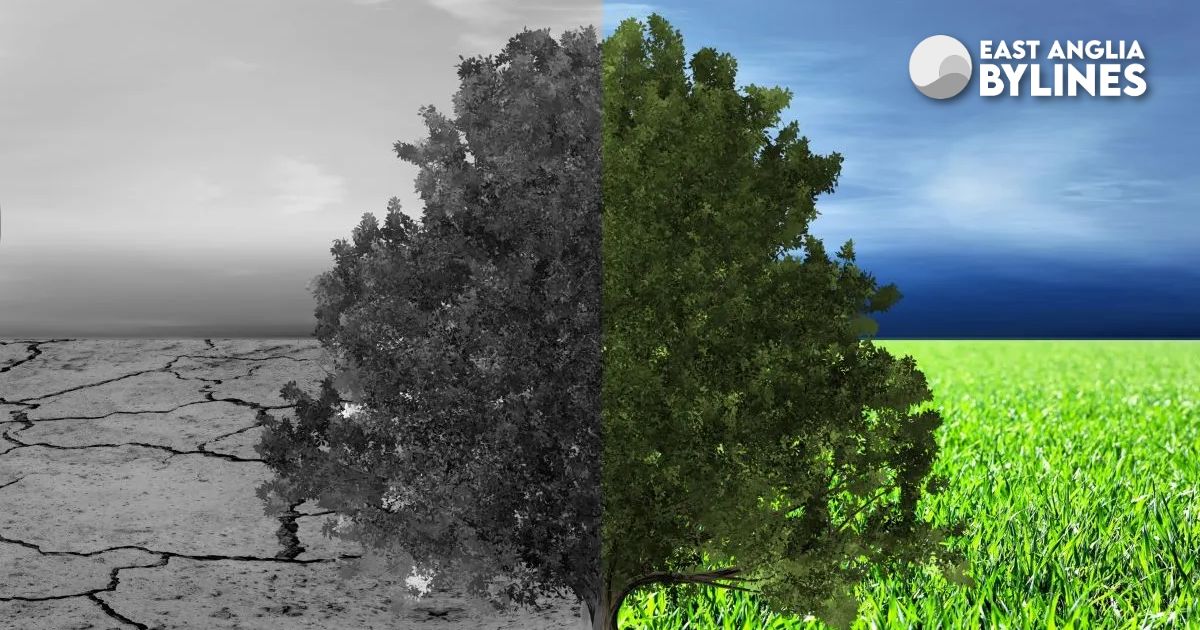With Parliament in recess, there has been less overt political progress to report on recently. So it’s a good time to take a look at recent environmental developments in the EU and whether the UK is mirroring them.
Divergence or convergence?
The think tank ‘UK in a Changing Europe’ have produced a Divergence Tracker regularly since Brexit. It outlines how UK and EU laws and regulations are diverging or staying the same.
So we can tell whether UK law matches the progress of the EU’s. The EU has forged ahead with new environmental regulations, driven by the European Green Deal. It now has comprehensive rules on climate policy, clean air and water, pesticides, chemicals and deforestation. It also aims to protect wildlife with the Habitats Directive.
The Labour government, however, has continued to diverge from EU laws. This can be by simply not adopting similar rules as the EU, or by actively passing differing laws.
This has meant that many UK protections are weaker than they were before 2020. This can lead to two outcomes: environmental degradation itself, and threatening the EU trade relationship.
Environmental degradation and endangering wildlife
 Red Squirrel image by Cameraman CC BY-SA 2.0 / European polecat image by Keven Law CC BY-SA 2.0
Red Squirrel image by Cameraman CC BY-SA 2.0 / European polecat image by Keven Law CC BY-SA 2.0
- Water: The UK has not introduced strong rules to keep pollution out of rivers. The Office for Environmental Protection (OEP) was set up in 2020 to replace the EU in regulating UK environmental law. The OEP finds “deeply concerning failures to properly implement regulations designed to protect rivers.”
- Pesticides: Since Brexit, the UK has gradually lowered standards on pesticides compared to the EU’s. There are 12 hazardous pesticide ingredients still permitted in the UK which are banned in the EU. In the May 2025 UK/ EU summit, the UK committed to align with the EU on this, to reduce agri-food export/import barriers. This has yet to be put into action, however.
- Chemicals: According to research by the ChemTrust, the UK had not adopted “a single new ban or restriction on a harmful substance, compared to eight new restrictions on harmful substances adopted in the EU.”
- Air quality: The revised EU Ambient Air Quality Directive sets enforceable standards for environmental air quality to improve public health. The rules were tightened in 2024, but the UK has not kept pace with it.
- Deforestation: The EU Deforestation Regulation bans commodities like wood, cocoa, soy and palm oil, unless they were produced on land not deforested after 2020. Equivalent rules in the UK have not yet been implemented.
- Protecting wildlife: The EU Habitats Directive aims to “protect over a thousand species … and 230 habitat types”. The way this worked in the UK was that developers were obliged to make mitigations on the same site if their work damaged wildlife habitats. Part Three of Labour’s new planning and infrastructure bill would instead allow developers to pay into a national nature recovery fund to pay for environmental improvements elsewhere, rather than mitigating their own site. The RSPB and Wildlife Trusts believe this is a “licence to destroy”.
Threatening the UK/ EU trade relationship
Let’s look at nature protection specifically. The UK government is prioritising ‘growth’ and is under pressure to speed up infrastructure building projects. It is considering removing or weakening environmental protection regulations it believes may cause delay. One example is the HS2 project and the ‘bat tunnel’.
However the fact that the UK is outside the EU does not mean that it can completely ignore all EU environmental regulation. The 2021 EU-UK Trade & Cooperation Agreement (TCA) stipulated some ‘level playing field’ provisions designed to stop the UK having an unfair trade advantage. Fewer legal restrictions on UK businesses might constitute a breach of these provisions.
Level playing field agreement
Dr Markus Gehring at Cambridge University points out that the UK and EU are “under a ‘non-regression’ obligation not to weaken environmental protections (including biodiversity) below the levels in place when the UK left the EU, unless it does not affect trade or investment.”
The UK weakening wildlife protection regulations in order to reduce the cost of infrastructure building could possibly contravene this agreement. The EU might argue that fewer environmental restrictions on UK businesses gives an unfair advantage.
If the EU could prove that the UK had breached the non-regression agreement with a ‘level playing field violation’, it could ultimately lead to trade sanctions.
The EU is setting the pace
The EU is continuously implementing major new policy rules on environmental protection. If the UK doesn’t keep up, it could find itself unintentionally out of step.
If the government’s growth agenda culminates in degrading nature and wildlife habitats, it could end up with trade sanctions from the EU.
More from East Anglia Bylines Download the Bylines app to get our content straight to your phone!
Download the Bylines app to get our content straight to your phone!
